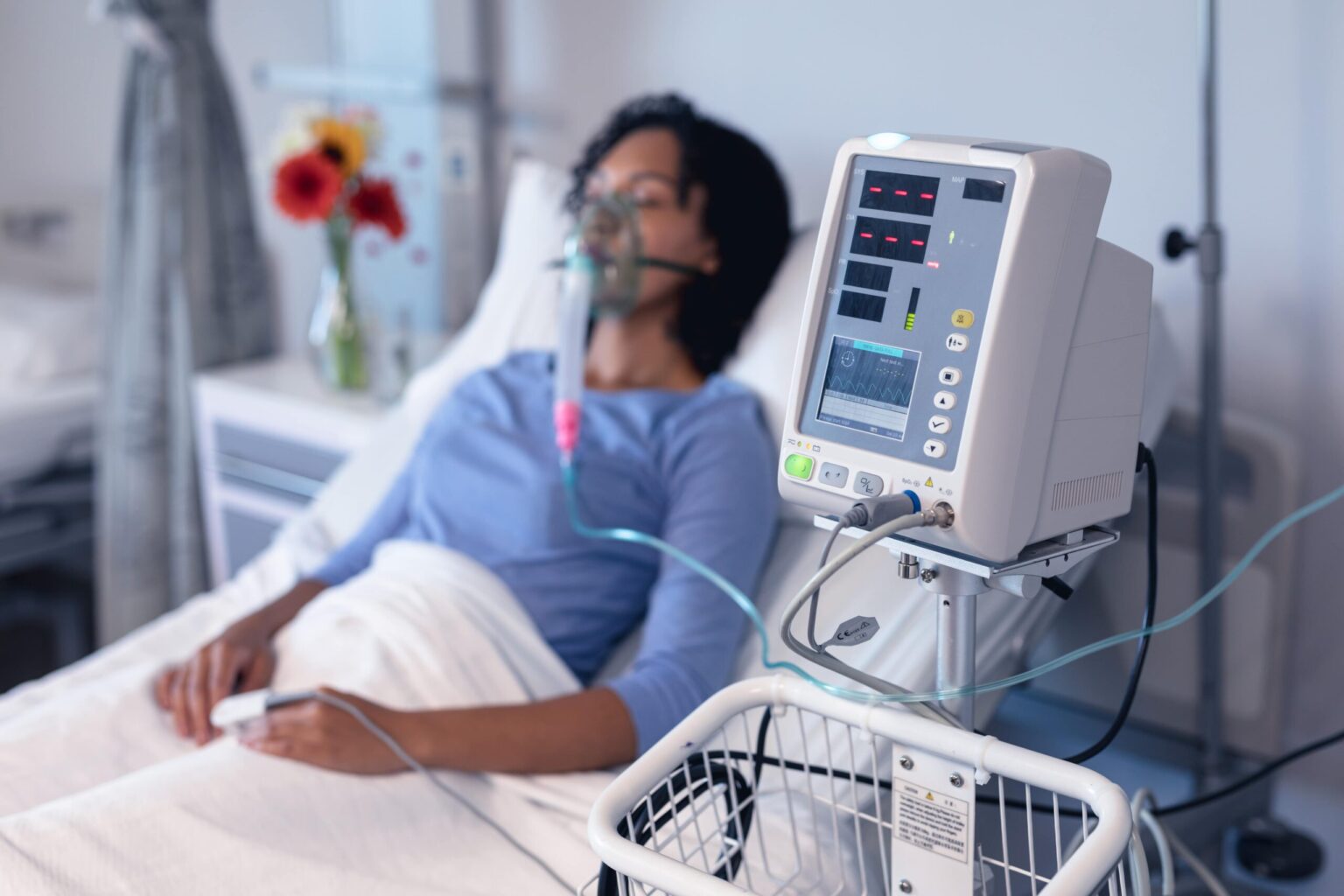Ventilators are indispensable medical devices utilized in hospitals to provide mechanical ventilation for patients who are unable to breathe adequately on their own or require assistance in maintaining proper respiratory function. These machines play a critical role in intensive care units (ICUs), emergency departments, and operating rooms, offering life-saving support to patients with respiratory failure, lung diseases, or those undergoing surgical procedures under general anesthesia.
Specific Functions
1. Respiratory Support: Ventilators deliver oxygen-rich air to the patient’s lungs and remove carbon dioxide, ensuring adequate oxygenation and ventilation. This is crucial for patients with conditions such as acute respiratory distress syndrome (ARDS), pneumonia, or respiratory muscle weakness.
2. Assistance During Surgery: In the operating room, ventilators are used to support patients who are under general anesthesia and unable to breathe independently. The ventilator assists the anesthesiologist in controlling the patient’s breathing parameters throughout the surgical procedure.
3. Critical Care Management: In the ICU, ventilators provide continuous respiratory support for critically ill patients, including those with severe infections, trauma, or neurological conditions affecting breathing. Ventilator settings can be adjusted based on the patient’s condition and response to therapy, allowing for personalized respiratory care.
4. Life Support in Emergencies: Ventilators are essential in emergency situations such as cardiac arrest or respiratory failure, where immediate intervention is required to maintain oxygenation and circulation. These machines can rapidly deliver oxygen and support breathing until further treatment can be administered.
5. Monitoring and Control: Ventilators are equipped with sophisticated monitoring systems to assess the patient’s respiratory parameters, including oxygen saturation, airway pressure, and tidal volume. Healthcare providers can closely monitor the patient’s respiratory status and adjust ventilator settings as needed to optimize therapy and prevent complications.
In summary, ventilators play a vital role in hospital settings by providing essential respiratory support to patients in various clinical scenarios. Whether in the ICU, operating room, or emergency department, these life-saving devices contribute to improved patient outcomes and enhanced critical care management.



